Bachelor of Science in Social Work

The undergraduate social work profession promotes social change and empowers people to enhance their well-being.
Social work is based on a set of values and ethical principles, such as respect for human dignity, that are articulated in its Code of Ethics. Since its beginnings more than one hundred years ago, social work has developed a body of knowledge and skills that focuses on meeting human needs, especially the needs of vulnerable and oppressed populations. Social workers intervene with systems of all sizes—individuals, families, groups and communities. Principles of social justice, human rights and cultural competence are fundamental to social work.
About the Program
The Stockton University Social Work Program’s mission is to prepare undergraduate social work majors for generalist social work practice with individuals, families, groups, organizations, and communities by providing a broad-based, professional education that rests on a solid liberal arts foundation. The Program also seeks to serve the larger college community through Social Work and General Studies course offerings that have universal appeal to those seeking a better understanding of the human condition.
The Program’s central focus is on producing graduates who have a lifetime commitment to upholding human rights, respecting human diversity, and working towards social and economic justice in their professional and personal lives.
Program Chair
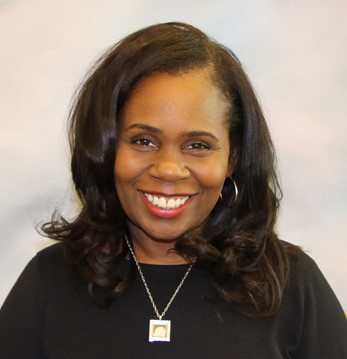
Associate Professor of Social Work
maya.lewis@stockton.edu
609-652-4329 | G243
Accreditation Information
The Stockton University Social Work program holds the Council on Social Work Education (CSWE) accreditation. Graduates are equipped for entry-level, professional social work roles as generalist practitioners.
The report on the Assessment of Student Learning Outcomes provides more information on student learning outcomes.
The Stockton University Social Work Program’s mission is to prepare undergraduate social work majors for generalist social work practice with individuals, families, groups, organizations, and communities by providing a broad-based, professional education that rests on a solid liberal arts foundation. The Program also seeks to serve the larger college community through Social Work and General Studies course offerings that have universal appeal to those seeking a better understanding of the human condition. The Program’s central focus is on producing graduates who have a lifetime commitment to upholding human rights, respecting human diversity, and working towards social and economic justice in their professional and personal lives.
1. To prepare graduates to practice with diverse populations, particularly those who
have been placed at risk by patterns and histories of social injustice.
Core Competencies
- Engage diversity and difference in practice
- Advance human rights and social and economic justice
- Engage, assess, intervene, and evaluate with individuals, families, groups, organizations, and communities
2. To provide comprehensive content about generalist social work practice.
Core Competencies
- Identify as a professional social worker and conduct oneself accordingly
- Apply social work ethical principles to guide professional practice
- Apply critical thinking to inform and communicate professional judgments
- Engage diversity and difference in practice
- Advance human rights and social and economic justice
- Engage in research-informed practice and practice-informed research
- Apply knowledge of human behavior and the social environment
- Engage in policy practice to advance social and economic well-being and to deliver effective social work services
- Respond to contexts that shape practice
- Engage, assess, intervene, and evaluate with individuals, families, groups, organizations, and communities
- Apply knowledge of human behavior and the social environment
3. Provide content about the social contexts of social work practice.
Core Competencies
- Apply knowledge of human behavior and the social environment
- Engage in policy practice to advance social and economic well-being and to deliver effective social work services
- Respond to contexts that shape practice
4. Infuse throughout the curriculum the values and ethics that guide professional
social workers in their practice.
Core Competencies
- Apply social work ethical principles to guide professional practice
5. Prepare graduates to be conscientious lifelong learners.
Core Competencies
- Identify as a professional social worker and conduct oneself accordingly
6. Prepare graduates who demonstrate the ability to think critically, write effectively,
communicate effectively orally, use practice experience to inform scientific inquiry,
and be comfortable with the use of computers.
Core Competencies
- Apply critical thinking to inform and communicate professional judgments
- Engage in research-informed practice and practice-informed research
7. Faculty of the Stockton Social Work Program will provide service to the broader college community, to the surrounding southern New Jersey region, and in wider statewide, national, and international arenas. In this way, we deepen the Social Work Program’s capacity to bring professional values and ethics to the broadest possible population, representing to students what it means to be engaged professional social workers; and we demonstrate our commitment to ensure that Stockton College graduates are prepared to be citizens in a democratic, multi-cultural society.
The Social Work Program is open to Stockton students in good standing who have successfully completed the introductory sequence of social work courses and who have discussed their intent to major in social work with a social work program preceptor. Students are encouraged to consult social work faculty members as a means of determining their interests in social work and assessing what the program and the profession may offer to those who participate. The earlier this is done the better.
Transfer students must contact a faculty member immediately upon arrival at the college and before registration, so that previous academic work can be evaluated and an individualized course of study can be established.
Community college transfer students who do not come from a human services/social work program may have to complete more than 64 credits at Stockton to satisfy the requirements for the degree in social work. This may require an additional one or two terms of academic work.
Courses & Concentrations
The Social Work (SOWK) Program offers you a unique interaction between classroom lectures and discussions and practicum observation and work. Course content in social welfare concepts and practice builds upon concepts from the humanities and from the natural, social, behavioral, and health sciences.
Curriculum Worksheet
*Please refer to Degree Works for General Studies, At-Some-Distance, and Course Attribute requirements.
The program consists of three core sequences of social work courses:
You are introduced to the building blocks--knowledge, values, and skills—of generalist social work practice. These courses are taken in the first and second years, usually beginning the second term of the first year. During these two years, you are preparing to become a social work major. In addition to the courses listed below, you are expected to have made significant progress in completing the social work program’s liberal arts foundation requirement prior to entering the Junior sequence. This includes courses in the following areas of instruction: psychology, sociology/anthropology/criminal justice, political science, economics and human biology; as well as a writing course, a freshman seminar, and 16 credit hours distributed among General Arts and Humanities (GAH), General Social and Behavioral Sciences (GSS), General Natural Sciences and Mathematics (GNM), and General Interdisciplinary Skills and Topics (GEN).
Introductory sequence Social Work program courses include the following:
- SOWK 1101 (Introduction to Social Work) 4 cr.
- SOWK 1103 (Human Behavior in the Social Environment) 4 cr.
- SOWK 2504 (Ethnic and Minority Relations) 4 cr.
In the Junior year, having completed the introductory sequence and liberal arts base, you take courses to begin to integrate the knowledge, value, and skills of generalist social work practice. In the Fall semester of the Junior year while enrolled in the Generalist Social Work Practice: Theory and Methods I, you apply to enter Generalist Social Work Practice: Theory and Methods II and practicum Practicum. The faculty determines your eligibility based on your academic record. Successful completion of this process ensures that you have become a full-fledged major.
In addition to the five courses listed below, you are expected to continue fulfilling General Studies requirements and should begin to complete more advanced social and behavioral science requirements (18 credits).
- SOWK 1101 and SOWK 1103 or their equivalent before entering the junior sequence
- SOWK 3101 (History of Social Welfare Policy) 4 cr.
- SOWK 3102 (Research Methods in Social Work) 4 cr.
- SOWK 3604 (Generalist Social Work Practice: Theory and Methods I) 4 cr.
- SOWK 3605 (Generalist Social Work Practice: Theory and Methods II) 4 cr.
- SOWK 3905 (practicum Practicum) 2 cr.
In the Senior year, having completed the introductory and Junior sequences, you prepare to become a generalist social work practitioner through completing the integration of knowledge, values, and skills. You apply to enter the Senior Seminar with practicumwork as listed below, during the Spring of your Junior year. The application consists of an essay, the purpose of which is to deepen the ongoing process of self-evaluation and career discernment. In the essay, you will discuss your interests in social work, including specialization interests. (Many students find that this essay serves as the basis of the personal statement that they prepare when applying for admission to a graduate program in social work.) The faculty determines your eligibility, based on your application essay and on your academic and practicum work record. Before the summer of your Senior year, you are assigned to your Senior practicum placement and are expected to contact your practicum supervisor for an interview. Opportunities for practicum experience and learning under professional supervision are available in the following settings, among others: child welfare, family services, schools, hospital and health care, behavioral health, developmental disabilities, services to the older adults, and criminal justice.
The final Social Work sequence is composed of the following courses:
- SOWK 4601 (Seminar: Social Work Practice I) 4 cr.
- SOWK 4901 (practicumwork I--co-requisite) 4 cr.
- SOWK 4602 (Seminar: Social Work Practice II) 4 cr.
- SOWK 4902 (practicumwork II--co-requisite) 4 cr.
The practicumwork requirement is 400 hours in an approved social work agency or program.
Students electing the concentration in child welfare, in addition to the core requirements for the social work major, must complete SOWK 3650 Topics in Child Welfare, SOWK 3670 Child Welfare Services and Practice, and have their senior practicum placement in a child welfare agency. The expected sequencing of these courses is completion of the Topics in Child Welfare seminar in the junior year and the Child Welfare Services and Practice seminar in the senior year in conjunction with the Senior Seminar in Social Work Practice and the senior practicum work, which must be in a child welfare agency.
In addition, those students who are interested in this concentration can also apply to the Baccalaureate Child Welfare Education Program (BCWEP), a consortium of undergraduate social work programs in New Jersey working in conjunction with the New Jersey Department of Children and Families. BCWEP provides a stipend, tuition (minus any awarded scholarships or grants) to selected students throughout New Jersey to support them during their internship year at the Division of Child Protection and Permanency. Students are placed at local DCPP offices throughout the state under supervision of credentialed practicum instructors. Successful applicants for the program must commit to working for at least two years in a caseworker position within the Division of Child Protection and Permanency. For more information on this program, please visit www.stockton.edu/bcwep.
A Bachelor of Science degree with distinction in social work will be awarded to those students who:
- achieve a 3.5 GPA in all Stockton program and cognate courses
- successfully complete the Senior practicum work placement
- complete an honors project.
Since the beginning of the Social Work Program at Stockton University in 1972, practicum has been a vital and highly valued component of social work education. We work very closely with over 70 community agencies and their staff in the professional social work community to provide opportunities for students to apply classroom learning in practice settings under the supervision of highly qualified professionals. Additionally, students are able to test and evaluate their developing competencies as generalist social work practitioners in their internships as well as integrate their experiences into classroom learning assignments.
In the Junior Sequence, students are introduced to practicum and prepared for internships in SOWK 3905- Practicum taken in conjunction with SOWK 3605- Theory and Methods of Generalist Practice II. Students are expected to complete 436 hours in their Senior Year in conjunction with their Senior Seminar Course that emphasizes the development of practice skill in the delivery of social services. Typically to meet these requirements, students arrange their academic schedules to accommodate spending 2 days a week per semester interning during both semesters of their senior year in addition to attending practicum seminars held throughout the semester.
Social work agencies, departments, and programs selected to provide internship opportunities must be committed to the value of undergraduate social work education and be able to provide pertinent learning experiences for students. To see a list of our current internship agency partners, please visit the Internship Opportunities webpage.
For further information, please contact the Coordinator of BSSW Practicum Education:
Douglas Dean
609-626-3562
General Information & Forms
Social Work Program Faculty & Staff
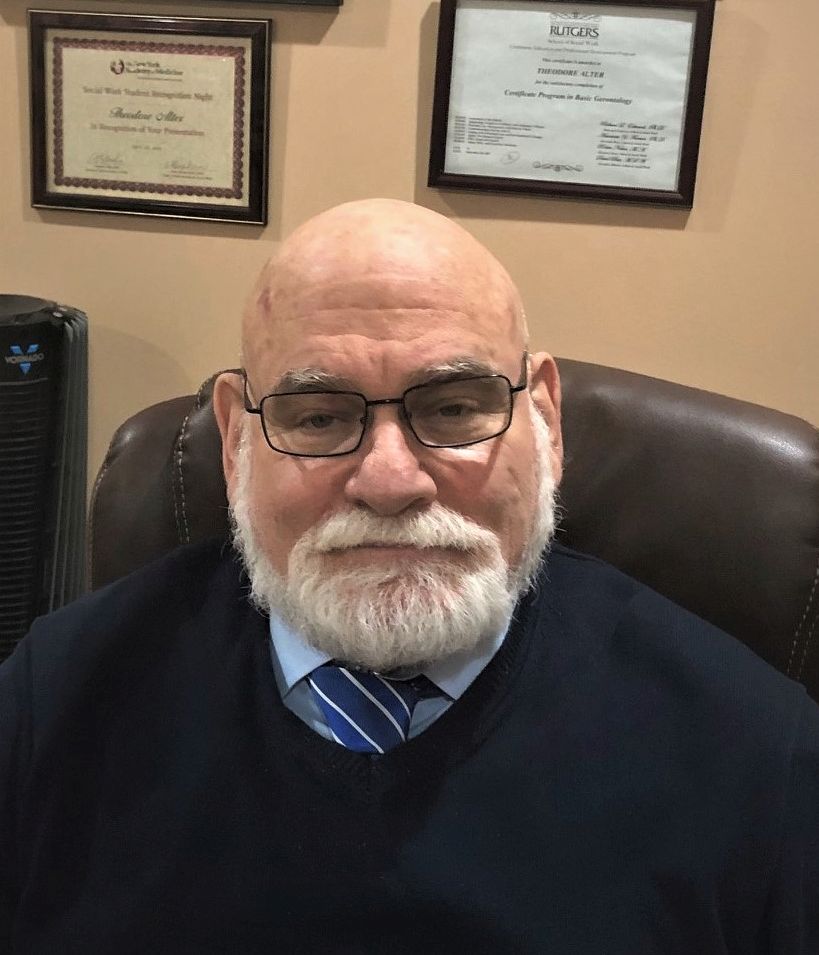
Theodore Alter

Robert Barney

Nicole Cantoni

Guia Calicdan-Apostle
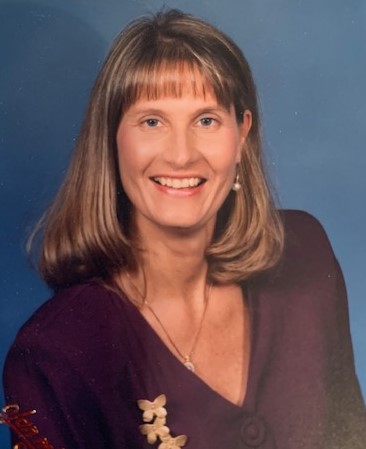
Lisa Cox

Douglas Deane
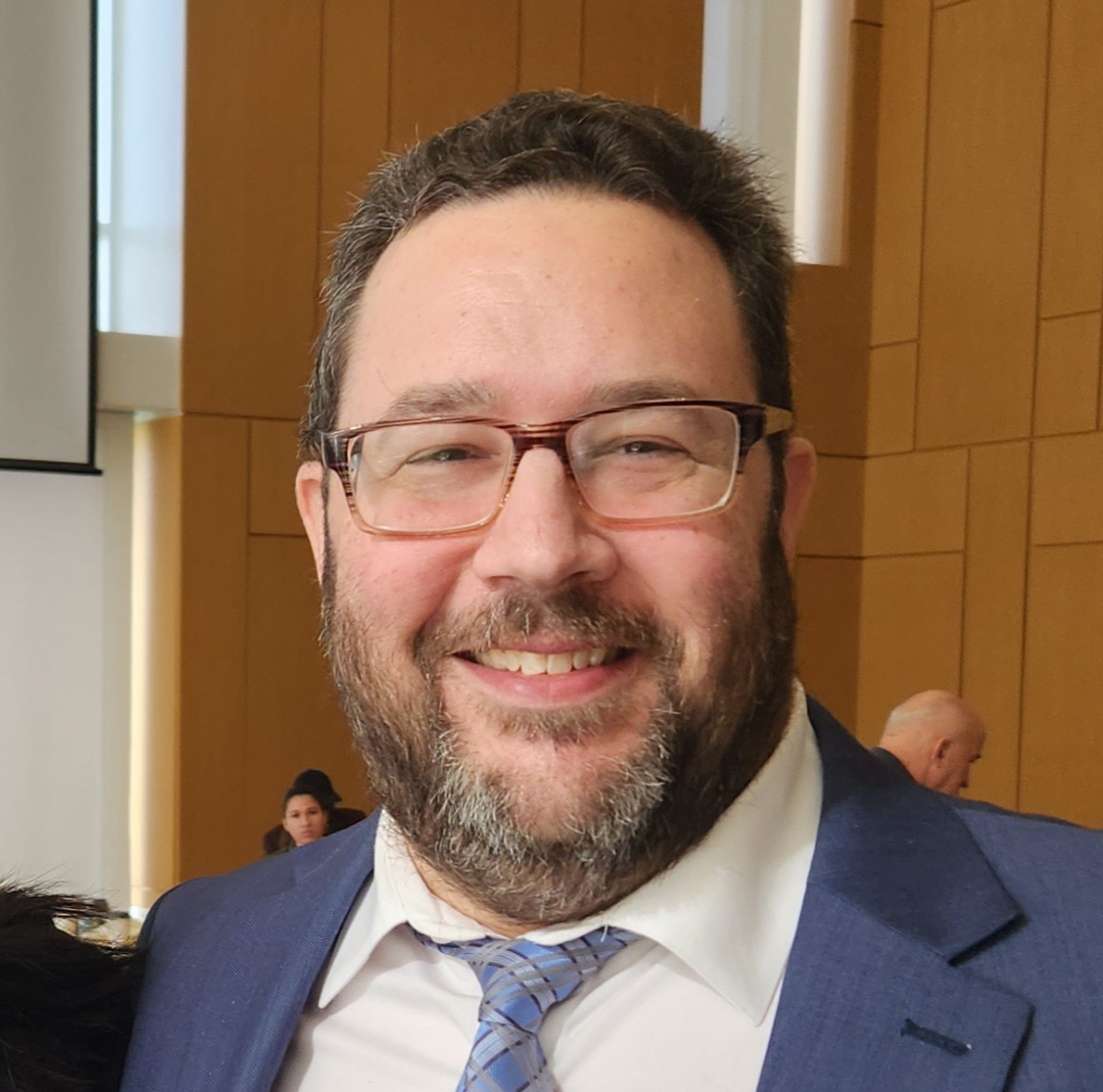
Jeffrey Feldman
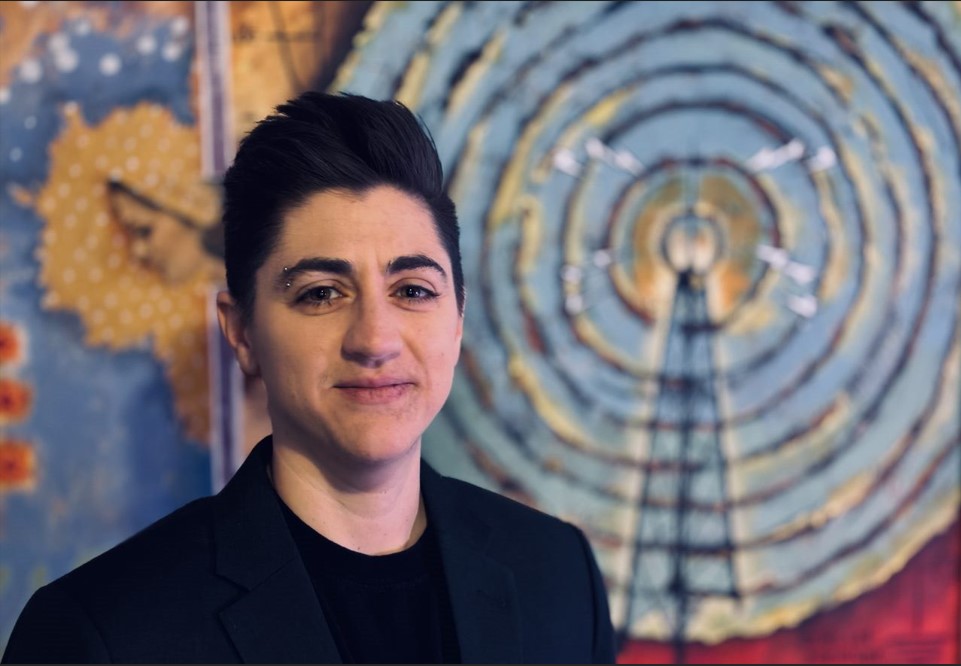
Zan Haggerty
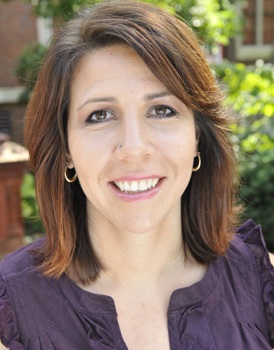
Robin Hernandez-Mekonnen
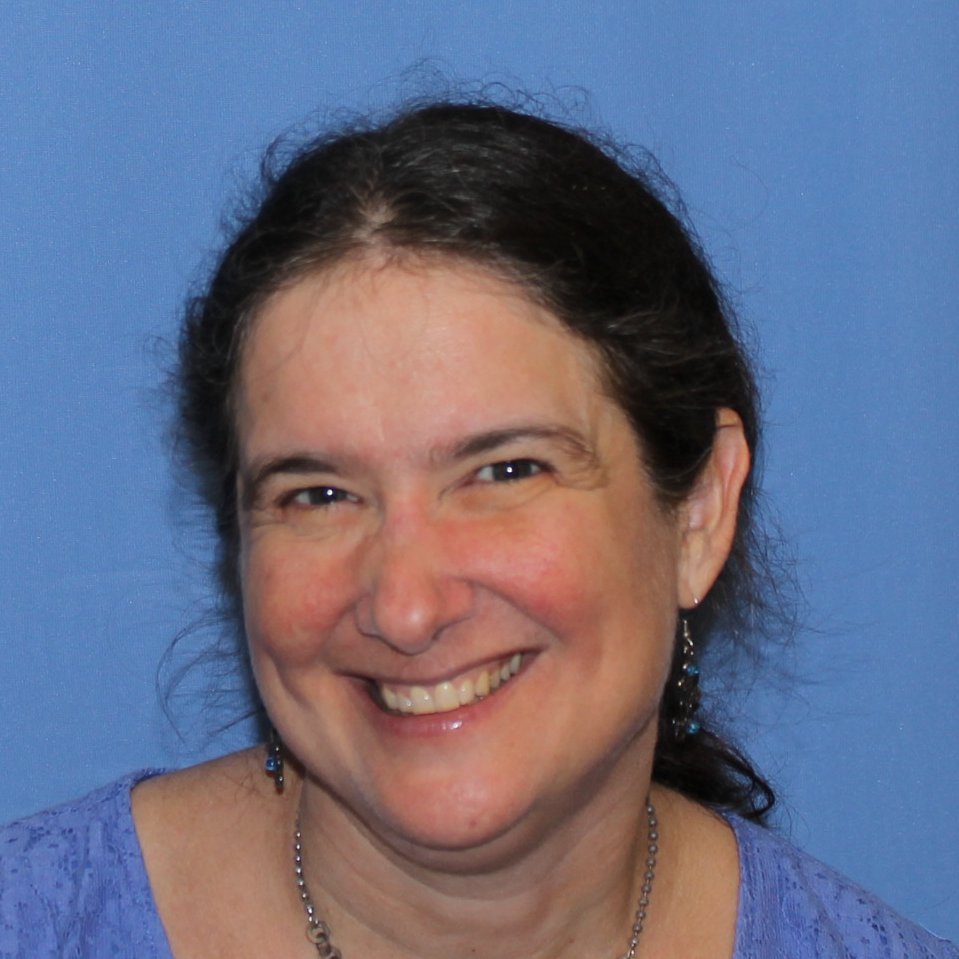
Rachel Kirzner

Dawn Konrady Fanslau

Maya A. Lewis
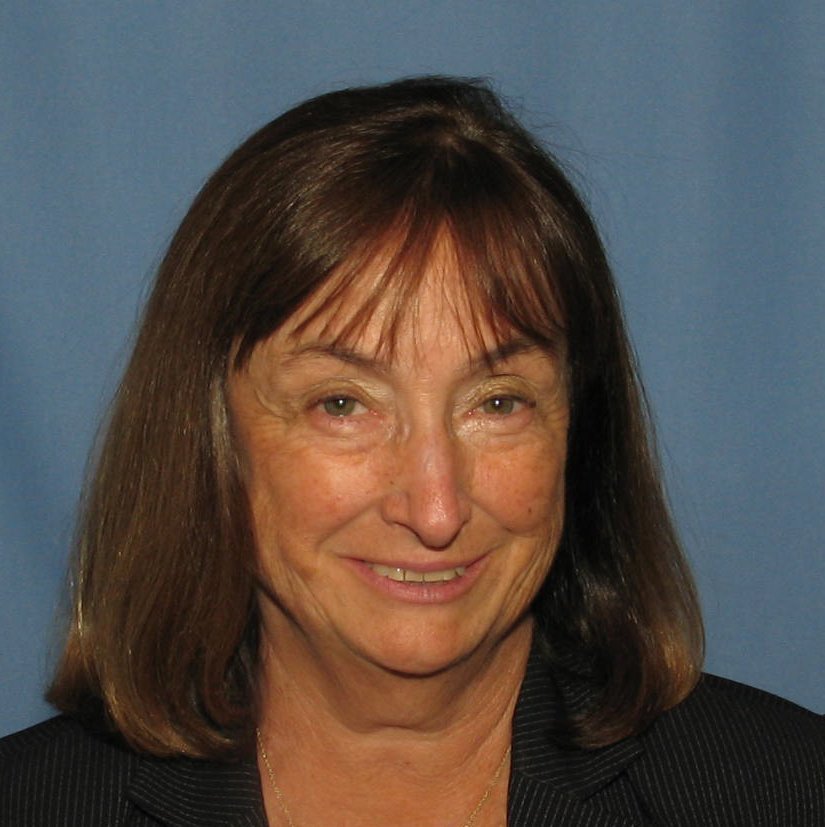
Christine Lill
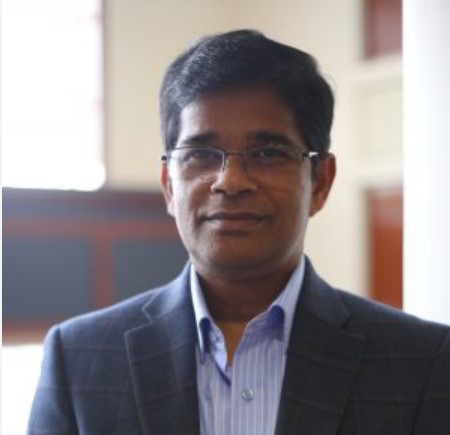
Sunny Mathew

Loretta Mooney

Hilda Rivera

Allison Sinanan

Simone Snyder

Lori Tomaro
PROFESSORS EMERITI

Diane S. Falk

Patricia Reid-Merritt

John Searight
Student Engagement Opportunities
The student social work club was established in 1976 as a social and service organization. In the early years their activities resulted in many concrete contributions to the University in general and to social work students and faculty in particular. For example, the Club sponsored a nationally renowned advocate and leader of human rights to speak to the University community; the Club organized several social gatherings throughout the years, creating the opportunity for informal interaction among faculty, social work majors and other interested students; and, finally, the organization established a Student Referral Service to enable fellow students to make contact with health, counseling and other Social Service organizations within the community.
The club has organized special forums with members of the professional community (e.g. NASW-NJ licensing and certification forum and graduate school forums), and has sponsored fundraisers to help families in need. Most recently, the club has organized volunteer efforts with Habitat for Humanity, collected prom dresses and professional clothing for girls and young women in need, sponsored a cell phone drive for military overseas, sent holiday greetings to children detained in a juvenile justice facility and to elderly residents of nursing homes, and assisted an Atlantic City soup kitchen that feeds the needy. In addition, the Club has created its own website and email list to keep students informed of its activities. The faculty recognizes the importance of this club's activities and encourages students to participate. The Social Work Club has also established a chapter of Social Work’s Phi Alpha Honor Society.
The purpose of the Phi Alpha Honor Society is to provide a closer bond among students of social work and to promote humanitarian goals and ideals. Phi Alpha offers membership to those social work students who have attained excellence in scholarship. Membership criteria are as follows:
- Declared Social Work Major
- Achieved Senior status
- Achieved an overall grade point average of 3.0
- Achieved a grade point average of 3.5 in all required social work courses
Students have a range of extracurricular opportunities related to their practicum of study. For instance, some students received scholarships to attend the State NASW Continuing Education Conference. Additionally, Social Work students participate in Social Work Day at the United Nations in New York City, and each year, several students attend the statewide Baccalaureate Educators’ Student Conference.
Careers
Interested in a Career in Child Welfare?
Check out the Baccalaureate Child Welfare Education Program for an amazing opportunity. Students may also consider the concentration in Child Welfare to help prepare them for a future career.
Resources
Transfer Students
Transfer students must contact the BSSW Program Chair immediately upon arrival at the college and before registration, so that previous academic work can be evaluated, and an individualized course of study can be established.
Transfer students who do not come from a human services/social work program may have to complete more than 64 credits at Stockton to satisfy the requirements for the degree in social work. This may require an additional one or two terms of academic work.
In order to enter into the Junior Sequence as a Social Work major, a transfer student must meet the following criteria:
- Transferred in 64 credits from the previous institution
- Completed the following courses or an approved alternate course:
- SOWK 1101 Introduction to Social Work
- SOWK 1103 Human Behavior in the Social Environment
- SOWK 2504 Race, Ethnicity, and Diversity
Please check out the complete curriculum worksheet below, and refer to Degree Works for General Studies, At-Some-Distance, and Course Attribute requirements.

Curriculum Worksheet


